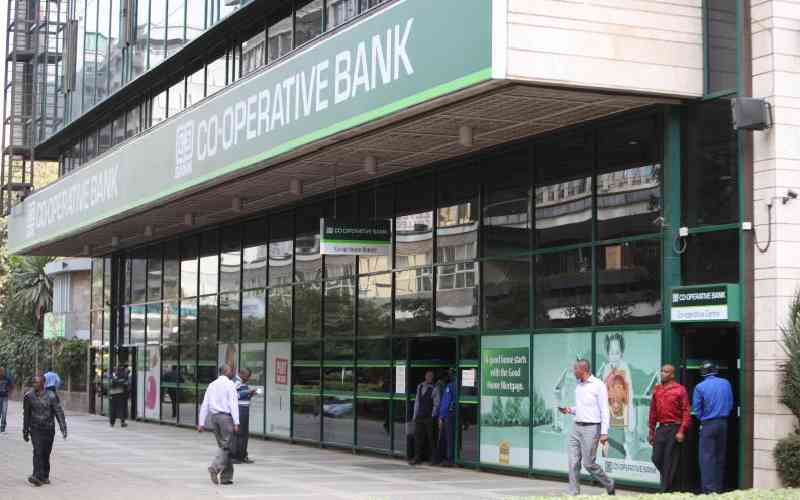×
The Standard e-Paper
Fearless, Trusted News

Data from the Central Bank of Kenya (CBK) reveals a competitive landscape among Tier-I banks, particularly regarding long-term loan offerings, with interest rates generally ranging between 13 per cent and 18 per cent for major lenders.
Among the top three Tier-I banks by asset value and market share, Co-operative (Co-op) Bank maintains competitive rates, with personal loans at 15.54 per cent business loans at 16.14 per cent, and corporate loans at 15.63 per cent.